In the realm of oral hygiene, sonic toothbrushes have revolutionized the way we maintain dental health. Two critical engineering aspects that significantly influence the performance and user experience of these devices are Axial Clearance and dynamic balancing. Understanding these factors is essential for manufacturers aiming to deliver high-quality products.
Axial clearance refers to the intentional gap between rotating or oscillating components along the axis of motion. In sonic toothbrushes, this clearance is vital for several reasons:
Determining the appropriate axial clearance involves considering:
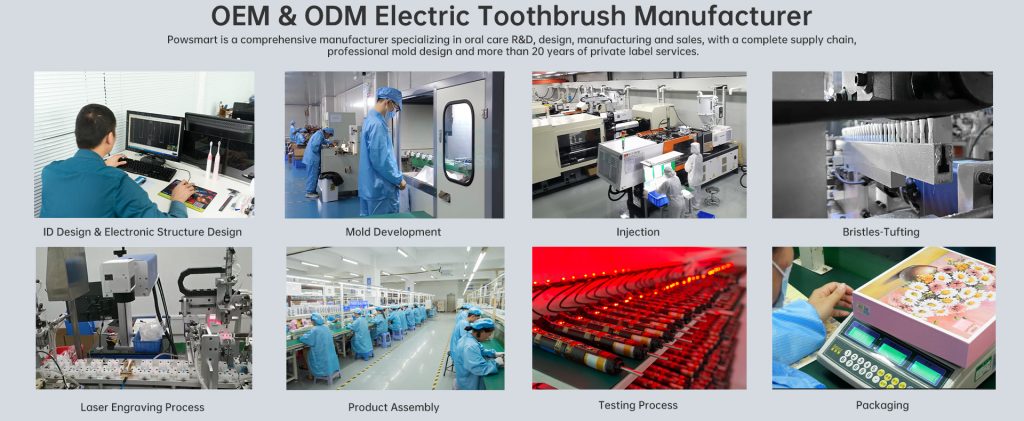
Dynamic balancing involves distributing mass within rotating components to ensure uniform motion without causing excessive vibrations. In sonic toothbrushes, achieving dynamic balance is crucial for:
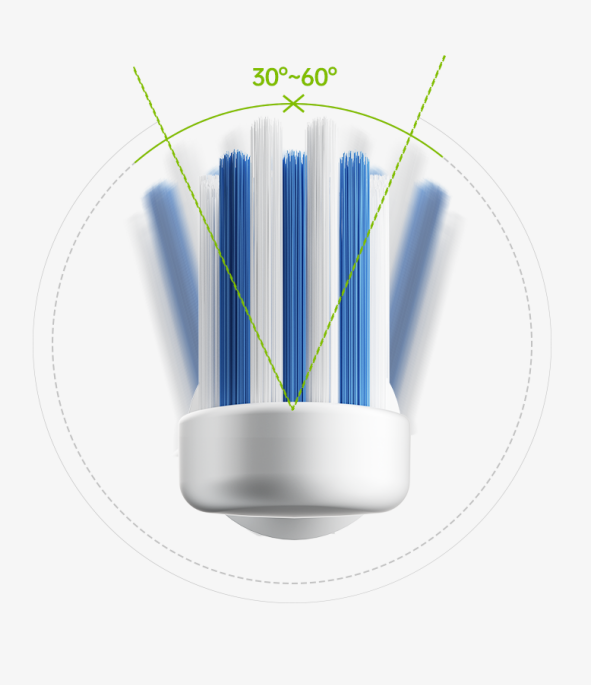
Powsmart technology co, ltd employ various methods to attain dynamic balance:
While axial clearance and dynamic balancing are distinct concepts, they are interrelated:
The evolution of sonic toothbrushes continues with advancements in these areas:
For manufacturers, a deep understanding of axial clearance and dynamic balancing is essential in the design and production of sonic toothbrushes. By focusing on these aspects, companies can enhance product performance, durability, and user satisfaction, thereby maintaining a competitive edge in the market.
Ihttps://www.powsmart.com/about-powsmart/

Is Manufacturing Sonic Toothbrush Cost-Effective?
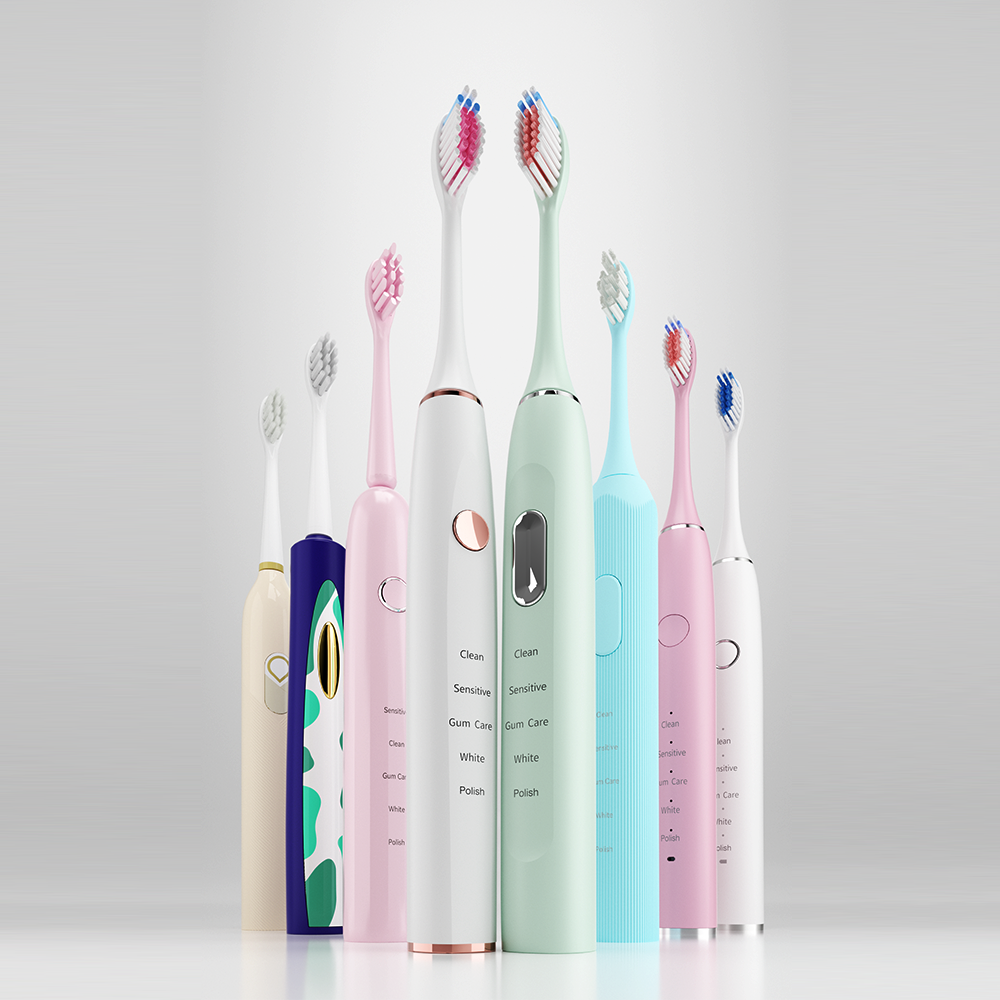
How to choose the right oral care products

What is the Proofing Process of Electric Toothbrush?
.jpg)
Electric Toothbrush Bulk for Wellness Programs | B2B Oral Care Solutions
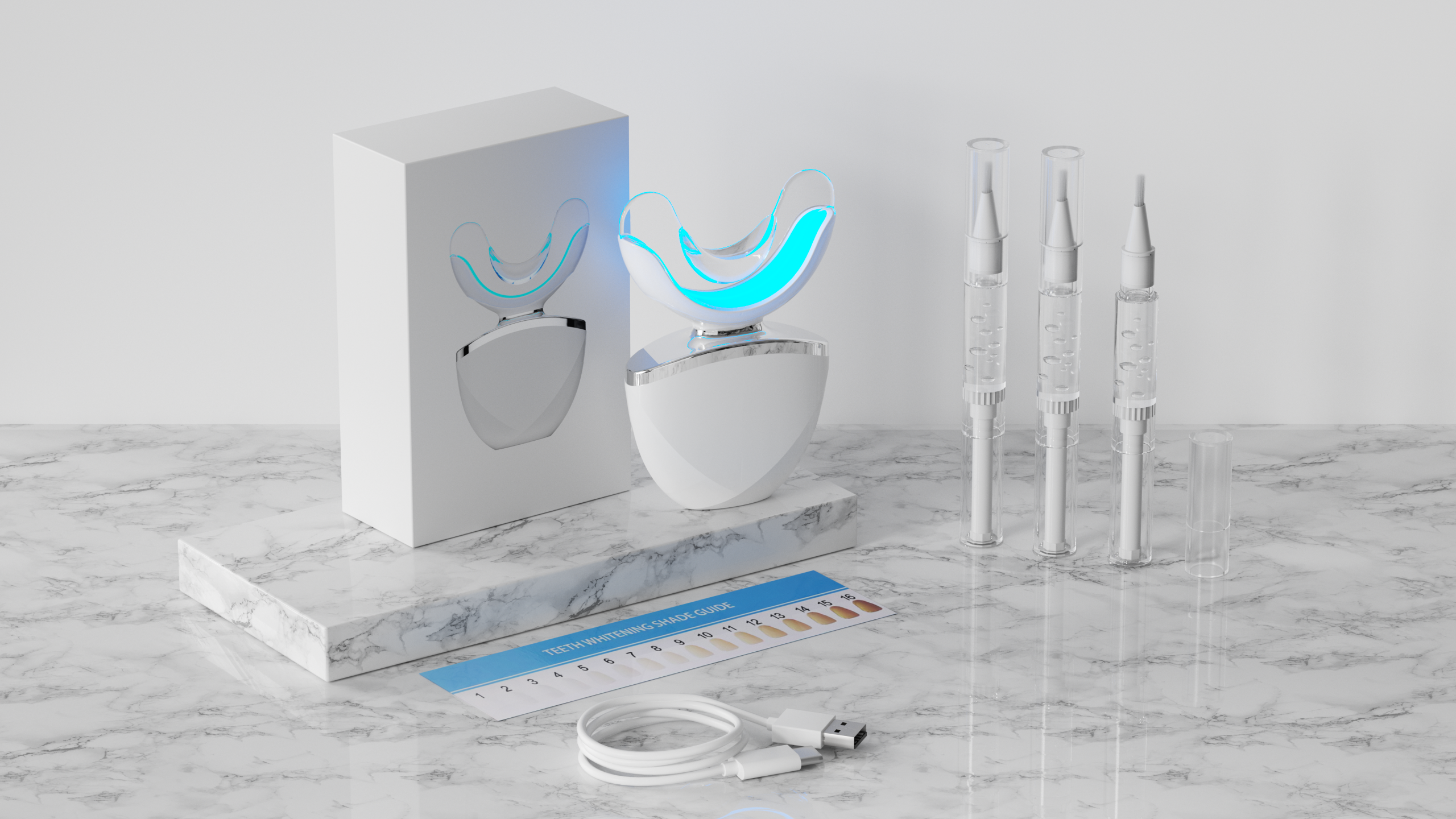
How Does a Teeth Whitening Supplier Ensure Whitening Kit Certification for Market Safety?
.jpg)
Electric Toothbrush Parts & Accessories Supplier | OEM Replacement Components
.jpg)
Electric Toothbrush Durability Test Supplier for Global Oral Care Brands
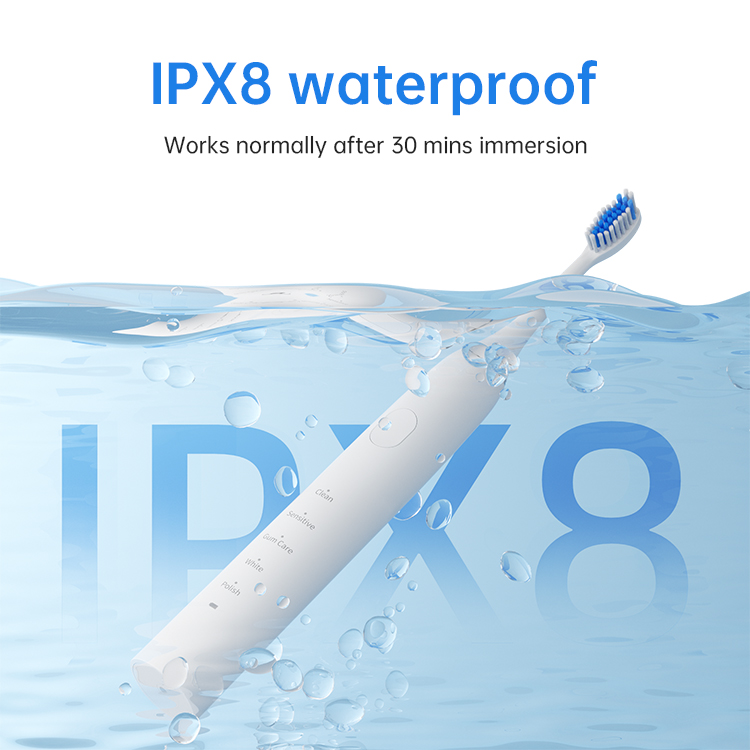
Refining Your Toothbrush Sourcing Strategy?
.jpg)
Small Batch Electric Toothbrush OEM for Flexible B2B Brands

Does Coconut Oil teeth whitening? The Truth About Oil Pulling
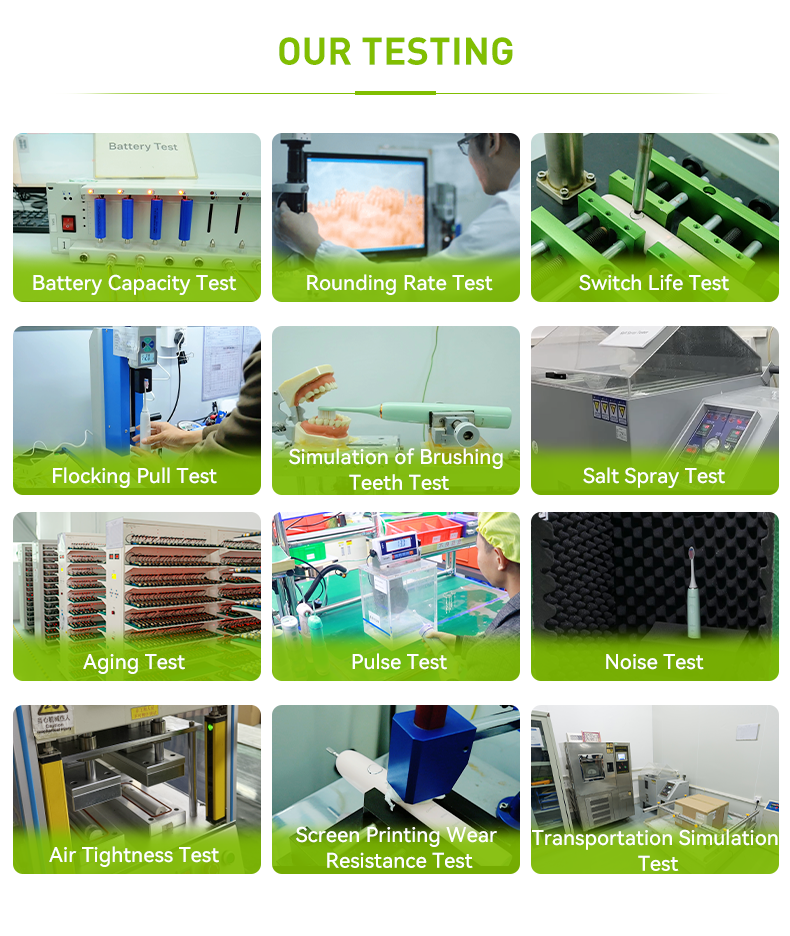
Interested in Whitening Pen OEM Production for a Fast-Acting Whitening Gel?
.jpg)
Are Bluetooth Disconnects Causing Battery Drain Speed?
.jpg)
Long Battery Life Toothbrush Wholesale Supply for Global Importers

How Does a Plume Evacuation System Improve Safety in Photo-accelerated Oxidation Whitening Devices?

Tooth Flosser User Experience Optimization and Product Iteration Strategy

Can Intelligent Electric Toothbrushes Keep Evolving Like Mobile Phones?